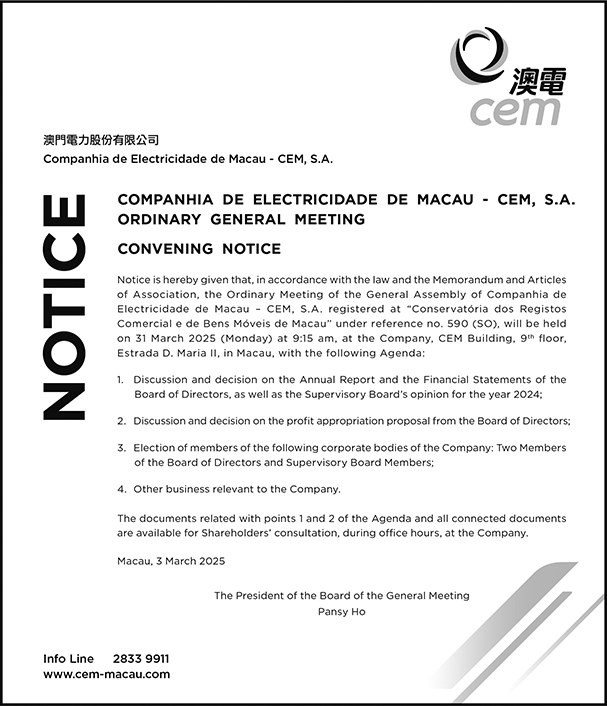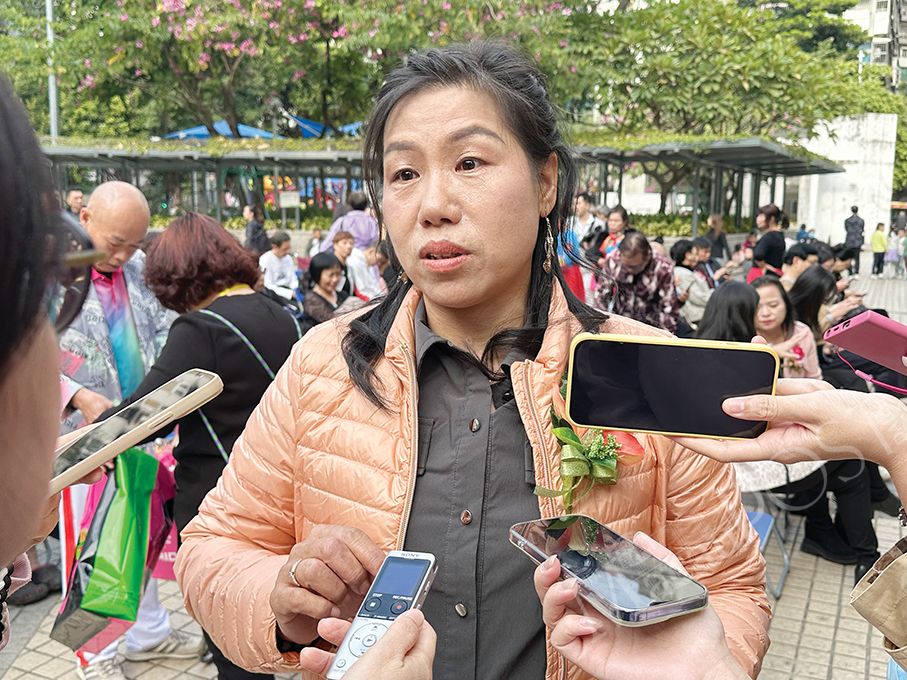In line with the country’s 14th Five-Year Plan and 2035 long-term goals, Macau shall, based on the principle that “One Country” precedes the implementation of “Two Systems”, maintain the legal authority, constitutional order and implementation mechanism of the Constitution of the People’s Republic of China (PRC) and the Basic Law of the Macau Special Administrative Region (MSAR), scholars and experts say.
Only by doing so can the MSAR’s political foundation, economic system and spirit of long-term prosperity and stability be maintained, they point out.
After the 5th Plenary Session of the 19th Central Committee of the Communist Party of China (CPC) at the end of October, the committee announced the “Proposals of the Central Committee of the Communist Party of China (CPC) on Formulating the 14th Five-Year Plan for National Economic and Social Development and Long-Term Goals for 2035”, the content of which underlines the aim of maintaining the long-term prosperity and stability of the special administrative regions of Hong Kong and Macau.
Scholars from legal professional bodies, the University of Macau (UM), City University of Macau (CityU) and Macau University of Science and Technology (MUST) have published their respective research papers on the 14th Five-Year Plan.
Wang Yu, an adjunct professor at the Department of Government and Public Administration of the University of Macau (UM) and deputy chairman of a local association of professionals working in the legal field as well as a member of the Macau Basic Law Committee of the Standing Committee of the National People’s Congress (NPC), says that in order to ensure the stability of civil society as a whole, it’s absolutely necessary to maintain the overall jurisdiction of the central authorities and implement and national security enforcement mechanism, as well as resolutely prevent and contain external forces from interfering in Hong Kong and Macau affairs.
For Macau to maintain long-term prosperity and stability within the framework of its economic development, the city must be more proactively integrated into the Greater Bay Area (GBA) and make use of policies and measures introduced by the mainland authorities to facilitate Hong Kong, Macau and Taiwan residence, work and development conditions, in order to create a unique platform through which Macau can contribute to the national development, Prof. Wang points out.
In addition, according to Prof. Wang, it is necessary to strengthen Macau’s civil society and residents’ national consciousness and patriotism, as well as their knowledge of the nation’s Constitution and the local Basic Law through patriotic, national security and modern Chinese history education, which all must be organically combined with the aim of continuously consolidating and developing a social and political foundation compatible with the “One Country, Two Systems” principle.
University of Macau (UM) Faculty of Law senior instructor Kong Wa, who is also a researcher at the university’s Centre for Constitutional Law and Basic Law Studies, underlines that the central government states in the 14th Five-Year Plan that it will continue to safeguard the basic principles and policies of “One Country, Two Systems”, a position which is unwavering and unchangeable, being a “booster” and a “reassurance” for Hong Kong and Macau residents who are coping with various risks and challenges in the world’s complex and varied situation right now.
Kong says that in the future Macau shall continue to adhere to the foundation of “One Country” and strictly abide by the national Constitution and the Basic Law to further improve the implementation of related systems and mechanisms, as well as prevent and stop serious illegal acts that attempt to challenge or disrupt the nation’s constitutional system and public order in the Macau Special Administrative Region, so that the positive energy of “Love the Country, Love Macau” will always occupy a dominant position in all levels of Macau society.
The vice-director of the City University of Macau’s Research Centre for Macau Social and Economic Development, Prof. Wang Xin, who is also an assistant professor at the university’s Faculty of International Tourism and Management, says that according to the spirit of the 5th Plenary Session of the 19th Central Committee of the Communist Party of China, Macau is now standing at a new historic starting point with the motherland
Prof. Wang says that Macau should actively participate in the central government’s “dual circulation” strategy for the national economy and fully leverage the advantages of its status as a separate customs territory and a free port to fully play its role as a “bridge” and “platform” in both the international and domestic markets.
In improving people’s livelihoods, Prof. Wang points out, Macau must always put people first, promote social equity, actively implement policies and measures concerning its ageing population, and strengthen and innovate social governance.
According to Prof. Wang, Macau must also continue promoting the reform of its social governance system and improve the governance systems of co-development, co-governance, and shared use.
Prof Wang also underlines that regarding the Five-Year Plan for Macau, all tasks should take into account systematic concepts, understand the country’s development situation in line with a long-term perspective, and get a good grasp of opportunities, advantages and the positioning of Macau’s development.
The director of the City University of Macau’s Research Centre for Macau Social and Economic Development, Prof. Ip Kuai Peng, who is also pro-rector of the university, says that technological innovation mentioned in the CPC Central Committee’s proposals for Macau highlights the important task of Macau’s moderately diversified economic development and economic and social transformation.
Prof. Ip says that Macau’s active participation in the development of an international science and technology innovation centre in the Greater Bay Area (GBA) is its best entry point, considering that the strengthening of scientific and technological innovation in Macau is at the same time also the country’s responsibility to comprehensively deepen reform in the new era.
Prof. Ip underlines that the Macau government should also develop more technology devekopment parks in the Guangdong-Macau (Hengqin) Intensive Cooperation Zone to attract high-end technology talents, and also serve the entire Greater Bay Area through innovation-geared economic transformation, as well as take advantage of Macau’s specific strengths through open, inclusive and mutually beneficial cooperation, as well as provide financial resources for the development of science, technology, innovation and scientific research projects in the GBA.
Macau lawmaker Lao Chi Ngai, who heads the Macau Economic Association and the University of Macau’s Strategy and Planning Office, points out that the 5th Plenary Session of the 19th Central Committee of the CPC emphasised the need to uphold the Party’s overall leadership, fully mobilise all positive factors and maintain the long-term prosperity and stability of Hong Kong and Macau.
Lao underlines that it is necessary to explain clearly the need to safeguard the “One Country, Two Systems” principle and ensure the long-term prosperity and stability of Hong Kong and Macau, both of which are basic national policies, and consequently are of great significance for the guidance and role of Macau’s future development.
Lao stresses that Macau and the motherland are bound together by a shared destiny.
Lao underlines that Macau and the motherland are bound together by a shared destiny. Further integrating itself into the overall situation of national development not only stabilises Macau’s economy now and in the future, accelerates its economic recovery and promotes its moderately diversified economic development, but is also Macau’s responsibility and mission of helping the country’s open up and achieve high-quality development.
Macau University of Science and Technology (MUST) Faculty of Law Dean Prof. Fang Quan, who is also a special representative of the All-China Women’s Federation (ACWF) in Macau, says her response to the new aspects raised in the CPC Central Committee’s proposals is to use new concepts and new patterns in this new stage of national development.
Prof. Fang says that promoting a moderately diversified economy is no longer a new topic for Macau, but as there is “much talk but little action”, there is still a lack of momentum.
In the wake of the COVID-19 pandemic, Macau’s economic development is facing the biggest challenge since its return to the motherland in 1999, Prof. Fang says, pointing out that as the surrounding environment remains complicated, Macau is indeed facing some difficulties.
However, Macau enjoys the full backing of the motherland that has a positive outlook for economic and social development, and that’s a great opportunity to become an integral part of the nation’s overall development, she underlines.
Nowadays, as pressure has become the driving force, “we should adopt a more open concept”, reduce local economic development’s external dependence by promoting diversification, and also adjust and create a new development plan in a timely manner, Prof. Fang suggests.
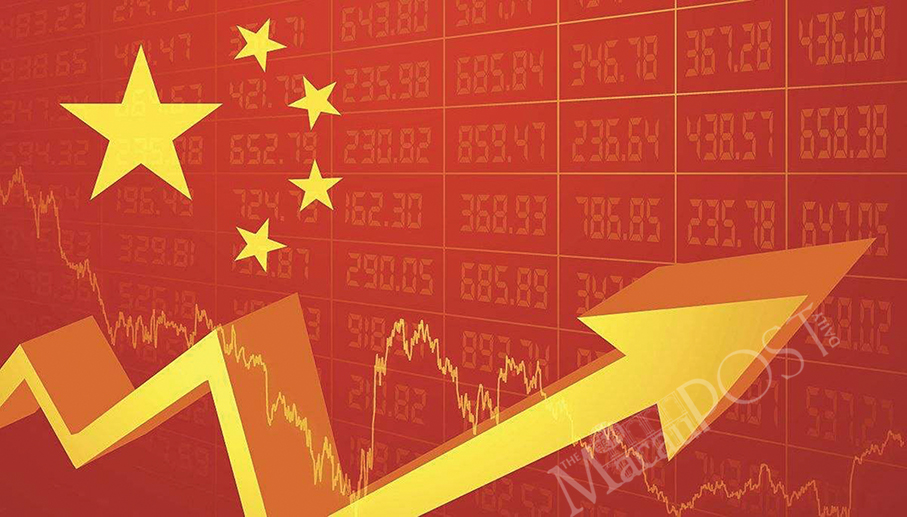
Image courtesy ANBOUND
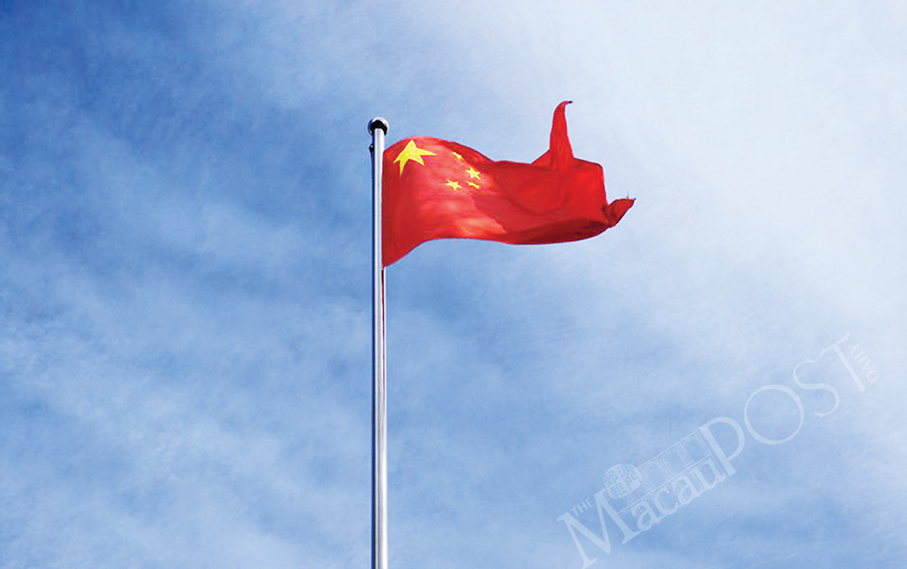
Undated file photo courtesy China Banking News
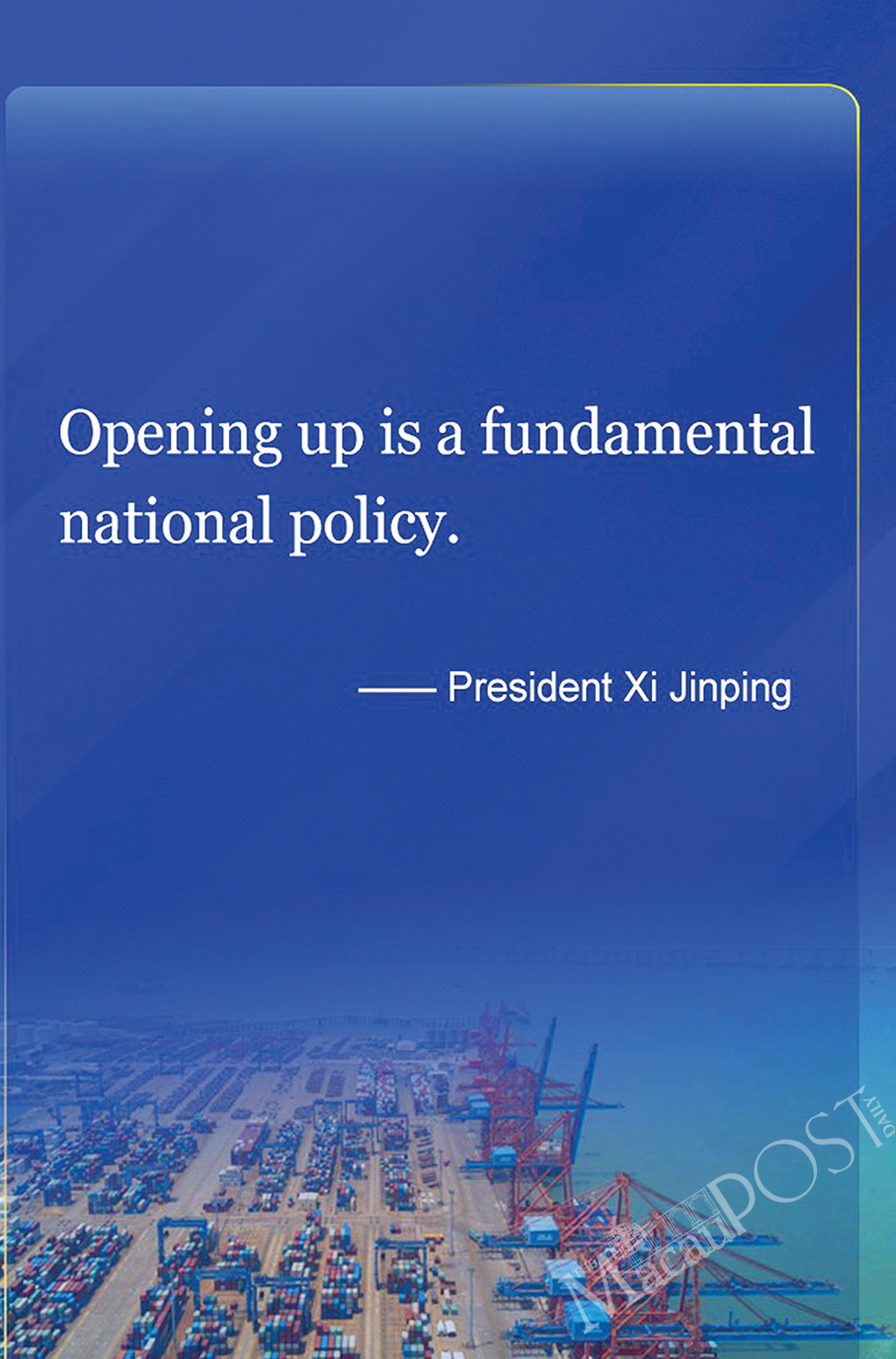
August 26, 2020 image courtesy China Daily


